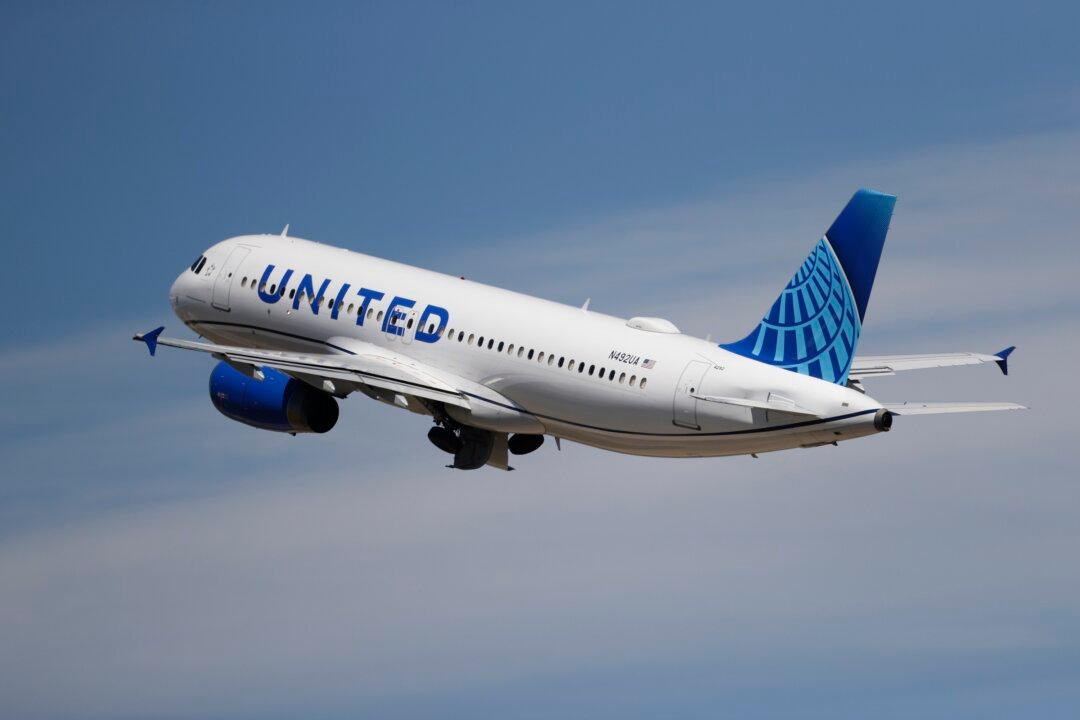In what could be an early blow to the busy summer travel season, United Airlines has asked its pilots to take unpaid leave in May, citing delayed aircraft deliveries from Boeing.
“We can confirm that due to the recent delays in Boeing deliveries, our forecasted block hours for 2024 have been reduced, and we are offering our pilots voluntary programs for the month of May to reduce excess staffing,” the airline said in an April 1 statement.





